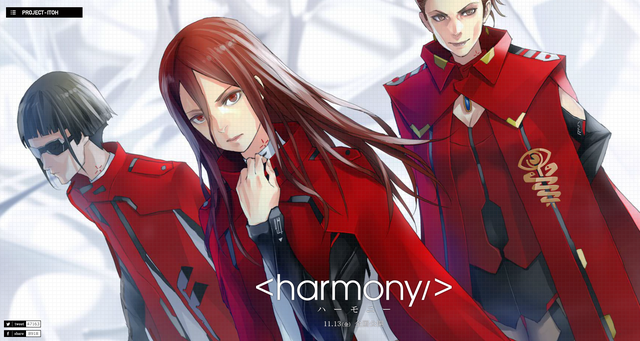

I will say that the book does a great job of bringing together technology, philosophy, cognitive science, and sociology, and does so through the lens of a main character that is developed in a very tangible way. I don't want to go into much of what actually happens with the plot beyond this set-up, because I don't want to spoil the experience of having it all unfold. Tuan has never fit in, though, and has long sought out ways to harm herself as an act of rebellion, and frequently beats herself up for never having been strong enough to complete suicide. Their society conditions everyone to focus on the social welfare of everyone around them, even to the extent of utilizing nanotechnology to trigger internal warnings when your emotions are reaching socially inappropriate levels.

The story focuses around Tuan Kirie, and flashes back and forth between her troubled adolescence in a utopian/dystopian Japan and the global crisis she's trying to unravel as an adult working for what is essentially the police and investigation arm of the World Health Organization. A variety of complex feedback loops are in place to ensure optimum conservation of that resource, including everything from good old-fashioned peer pressure to mandatory inpatient psychiatric treatment. In a world where human life is a precious global resource that must be protected at all costs, everything about a person - choices, emotions, biochemistry, cell metabolism - is monitored and assessed by computer systems, 24/7. The book is far more complex and amazing than the cover copy or product description makes it sound. The world of Harmony is one of the most topical, plausible futures I've ever encountered in fiction, which makes the seemingly idyllic future-and the novel's resolution-all the more chilling. Itoh, who edited the final manuscript in a hospital bed where he was dying of cancer, delivers a novel that manages to be both dense but incredibly easy to read, beguilingly simple to understand yet complex and whip-smart. We follow a dissatisfied, rebellious agent of the WHO as she becomes embroiled in a case that may mean the downfall of not just the WHO but of all humankind, and the deeper she goes the more personal the case becomes.

Disease and crime are virtually unheard of in the "civilized world" due to society's obsession with health and the implantation of devices that monitor not only the physical well-being of every citizen but also their mental state, and the World Health Organization controls the world with a loving latex fist.

The best SF novel I've read in yonks, this literary reaction to contemporary Japanese (and international) society presents a dystopian future masquerading as a utopian one.


 0 kommentar(er)
0 kommentar(er)
